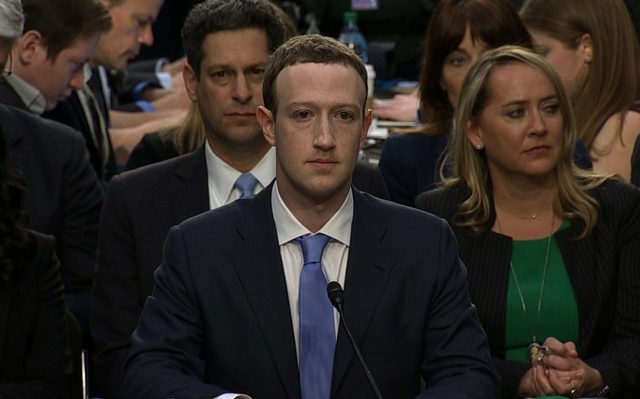I have heard Mark Zuckerberg’s Congressional appearances this week described as the moment when social media began to grow up. And there’s no doubt that the world’s largest social network has started to sound more committed to acting more responsibly with the data of its two billion members, judging by Zuckerberg’s remarks and his prepared testimony. Assigning a $40,000 bounty for the reporting of data abuse certainly makes Facebook look determined to get more serious about addressing data indiscretions.
But despite Facebook’s stated commitment to get better at protecting its users, a simple fact remains: social media is a messy place for brands to live even as social media platforms grow up.
Amid the publication of determined testimonies and bounties, I know these things to be certain:
- Facebook will not be immune from data abuse. Mistakes are going to happen. Determined and unethical parties are going to look for cracks in the seams. What we can expect to be different is Facebook’s reaction to problems when they happen. There remains an important distinction between a platform having airtight security and a platform that acts rapidly to address problems when they occur. Will advertisers and users appreciate the difference?
- Facebook won’t be the only platform that experiences abuses of its terms and conditions. As I noted on our blog, YouTube has been hiring more people to train computers to police abuses on its site in order to prevent the kinds of embarrassing incidents that rocked the network in recent months, such as brand advertising appearing alongside inappropriate videos. But YouTube continues to experience lapses, such as a report about ads for adult content appearing on the site, hackers targeting popular music videos, and advocacy groups charging YouTube with illegally collecting personal information from children.
- Facebook users will complain about data abuses and some will even #DeleteFacebook. But how many will stay off the network permanently after they realize that there’s nowhere else to go?
I’m not saying that brands should simply be patient. Brands and users should expect more vigilance out of all their social networks, including Facebook, Google, Instagram, Snapchat, Twitter, and all the others we call home. But we need to be realistic. These networks, especially Facebook, remain free because they accept advertising. And to play ball with advertisers, they’re going to share user data – which, when done well, brings about a better user experience. But with the sharing of data comes potential for abuse. And let’s not forget these free platforms are pretty much open to anyone who meets their soft requirements, and advertisers have to accept the consequences, both good and bad.
Advertisers, buckle in. You’re in for a bumpy – but profitable – ride. Remember, these networks offer rewards to those who understand how to use them for targeted, timely advertising. Contact us. We’ll work with you to do just that.
